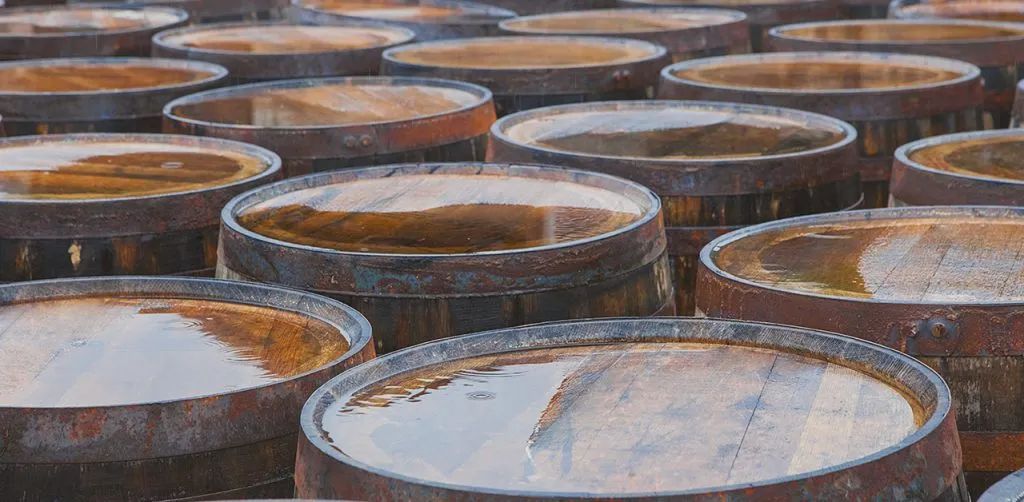
The Excise Act of 1823: Celebrating 200 Years of Regulation
Two centuries ago, the United Kingdom witnessed a transformative event in the world of Scotch Whisky – the introduction of the Excise Act. Celebrating its 200th anniversary in 2023, this landmark legislation holds a crucial place in the heart of Scotch Whisky’s legacy. Let’s journey back in time to uncover why the Excise Act was essential, its profound significance, and the lasting impact it has had on this beloved spirit.

The Need for Control
Back in the 17th century, Scotch Whisky was gaining popularity, drawing the attention of the Scottish Parliament. In 1644, in a bid to capitalise on this burgeoning industry, the first taxes on Scotch were introduced. Little did they know that this move would inadvertently spark an era of illicit whisky distillation across Scotland.
For the next 150 years, smuggling became the norm. Excisemen, known as gaugers, and crafty distillers engaged in a relentless game of cat and mouse. Resourceful Scots came up with ingenious ways to shield their spirits from taxation. Even typically honest members of the clergy would hide Scotch under the pulpit. Some went to extraordinary lengths, such as transporting the illicit spirit in coffins to outsmart the taxman.
The Whisky Excise Act: A Turning Point
Enter the Excise Act of 1823, a pivotal moment in history that unfolded on the 18th of July. This groundbreaking legislation was introduced to combat the rampant illicit trade of Scotch Whisky, establishing a legal and regulated framework for its production and distribution.
The Excise Act’s primary objective was to put an end to the evasion tactics employed by illicit distillers, offering a legitimate path for distillers to operate while ensuring the government received its fair share of the industry’s burgeoning profits. It set a licensing fee of £10 for stills, defined duty levels for distilled spirits, allowed for the warehousing of these spirits before duty payments, and significantly reduced opportunities for tax evasion in the whisky trade.
The profound impact of the Excise Act quickly became evident. Legal distilleries began to emerge and flourish, often taking over sites once utilised by smugglers. This transformative legislation allowed the government to impose taxes on whisky production, fostering economic stability and growth within the industry while effectively curbing the illegal activities that had long plagued it.

A Watershed Moment in the History of Scotch Whisky
The Excise Act of 1823 stands as a crucial turning point for Scotch Whisky. It marked the beginning of a new era of regulation and legitimacy. This legislation laid the groundwork for the industry’s rise to global prominence and established the foundations for the exceptional quality and craftsmanship that defines Scotch Whisky to this day.
As we raise a glass to commemorate the 200th anniversary of the Excise Act in 2023, we pay tribute to the resilience of Scottish distillers and the enduring legacy of Scotch Whisky. From its humble beginnings to becoming a symbol of Scottish heritage enjoyed worldwide, the Excise Act played an instrumental role in shaping Scotch Whisky into the spirit we cherish today.

A Toast to Scotch Whisky’s Remarkable Journey!
In just two centuries, Scotch Whisky has grown from a local treasure to a global icon, making a significant economic and cultural impact.
Scotch Whisky has become the UK’s biggest food and drink export, valued at £6.2 billion in 2022. It contributes more than £5.5 billion to the economy and outsells Irish, US, and Japanese whiskies combined. Over 11,000 individuals in Scotland owe their livelihoods to the Scotch Whisky industry, and it supports an additional 42,000 jobs across the UK in various roles, from production to finance, marketing, and health and safety.
Here’s to its past, present, and future—Sláinte!
